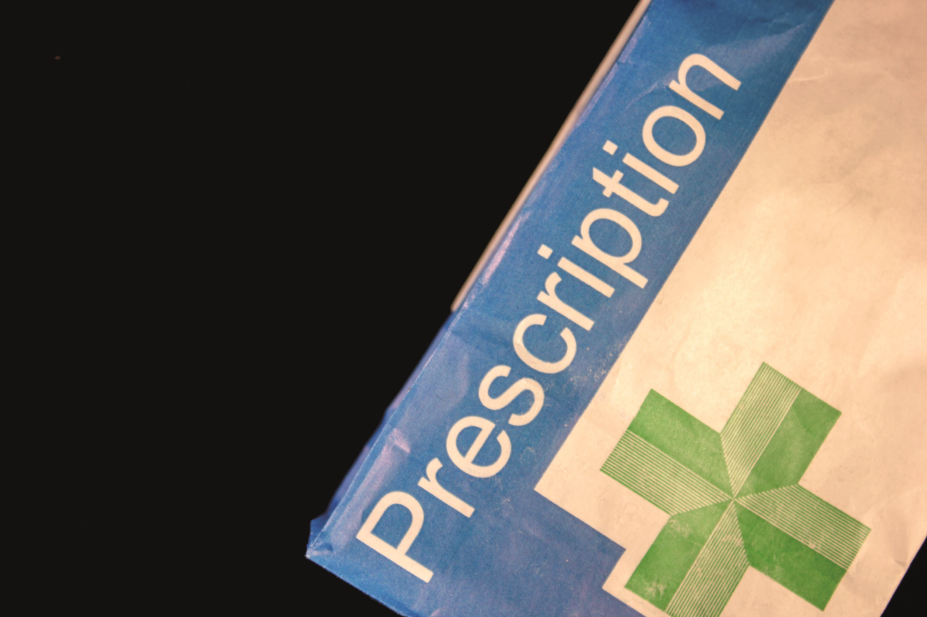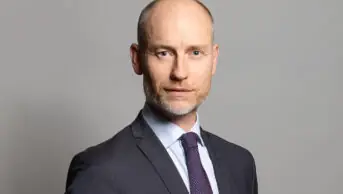
Shutterstock.com
Open access article
The Royal Pharmaceutical Society has made this article free to access in order to help healthcare professionals stay informed about an issue of national importance.
To learn more about coronavirus, please visit: https://www.rpharms.com/resources/pharmacy-guides/wuhan-novel-coronavirus
Community pharmacies will be asked to make use of NHS England’s ‘volunteer army’ to deliver medicines during the COVID-19 pandemic, NHS England has said.
In a webinar on 25 March 2020, Jill Loader, deputy director of pharmacy commissioning at NHS England and Improvement, told community pharmacists that volunteers who signed up to help the NHS through the Good Sam app, which launched on 24 March 2020, would be called upon to deliver medicines to patients’ homes on behalf of community pharmacy.
Loader said the postcode-based app “puts out a request to the nearest volunteer who said they would provide those services”. She added that when the volunteers signed up, they were expected to have read advice about delivering medicines.
The service will exclude the delivery of controlled drugs, and “if any medicines are left at the end, they’ve been told they have to go back to the pharmacy”, she said.
The service is expected to start “very soon”.
Simon Dukes, chief executive of the Pharmaceutical Services Negotiating Committee, said pharmacies with “concerns about a particular volunteer” would be able “to report that to the volunteer organisation body” but said further details would be set out in upcoming guidance.
He added that volunteers would be vetted as part of the national voluntary programme.
Loader’s comments come after NHS England and NHS Improvement announced on 17 March 2020 that pharmacists would be reimbursed for the cost of delivering medicines to vulnerable patients with COVID-19 as well as to those who are self-isolating.
However, community pharmacists have expressed concern about the safety of the service for patients and the liability for pharmacists.
Nat Mitchell, pharmacist at the independent J.W.W. Allison and Sons Ltd in Cockermouth, Cumbria, said the service “makes a mockery of everything we do every day”.
“Delivering medicines is a high-pressured job — when we replaced our driver, who retired after ten years, his replacement lasted two days,” he said. “We aren’t in the city, we have a lot of villages here and places just have a house name – things could get left in the wrong place or [put] over people’s hedges.”
“It’s ludicrous to say it can be done by volunteers — just pay people [to do the job] properly.”
Graham Phillips, superintendent pharmacist and managing director of Manor Pharmacy Group, which owns branches in Hertfordshire and Kent, said he is not against the service “if it’s organised and well thought out”.
“But medicines are not the same as delivering a CD. If a CD goes missing, Amazon sends you another one. If medicines are delivered to the wrong, and [older], confused patient — and it has happened — and they take those medicines and they die, who is responsible?”
Raj Matharu, chief officer of Bexley, Bromley and Greenwich, and Lambeth, Southwark and Lewisham Local Pharmaceutical Committees said the service is “an absolutely ridiculous idea”.
“What happens if the wrong medicines are delivered or if the patient rings up and says you haven’t delivered my co-codamol?
“NHS pharmacy leaders seem to be completely detached at the moment. What they should be doing is allocating pharmacies funds so that they can deliver medicines or bring in external couriers.”
Sandra Gidley, president of the Royal Pharmaceutical Society (RPS), said the RPS is working on best practice guidance around the service.
“We have a lot of questions — we have known about this kind of thing for two weeks at least, so I am a bit perturbed that we still don’t have something concrete,” she said.
“Pharmacy phone lines are jammed with people asking how [to] sign up to their free medicines delivery service after Boris Johnson said pharmacies will deliver for free, but there is no such service.”


